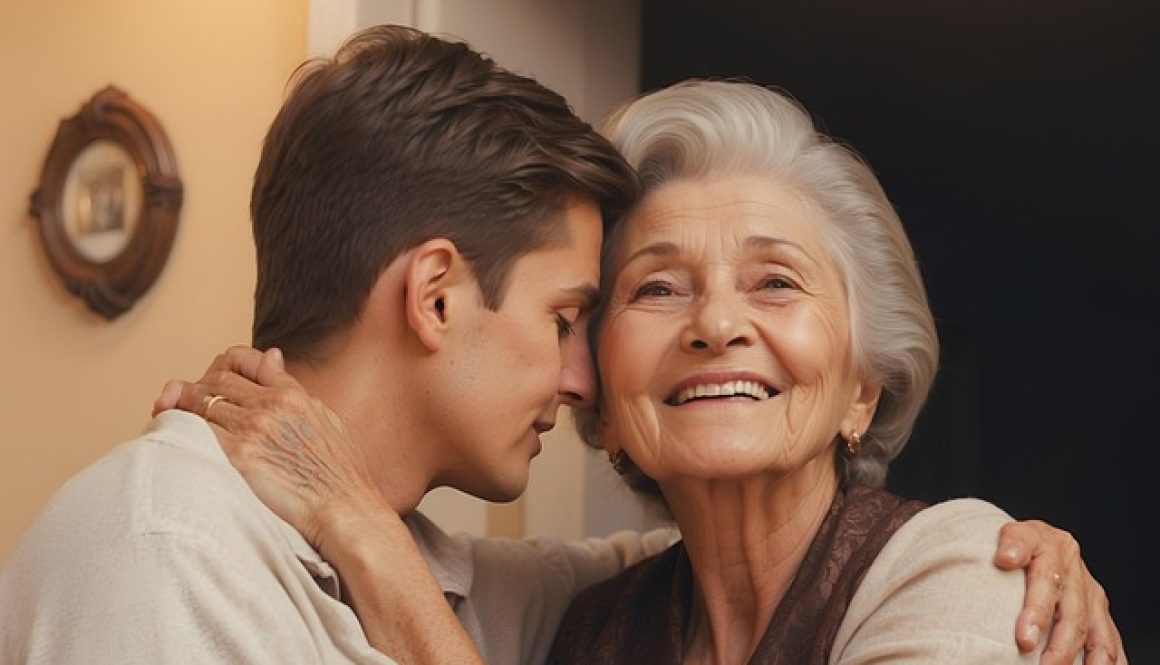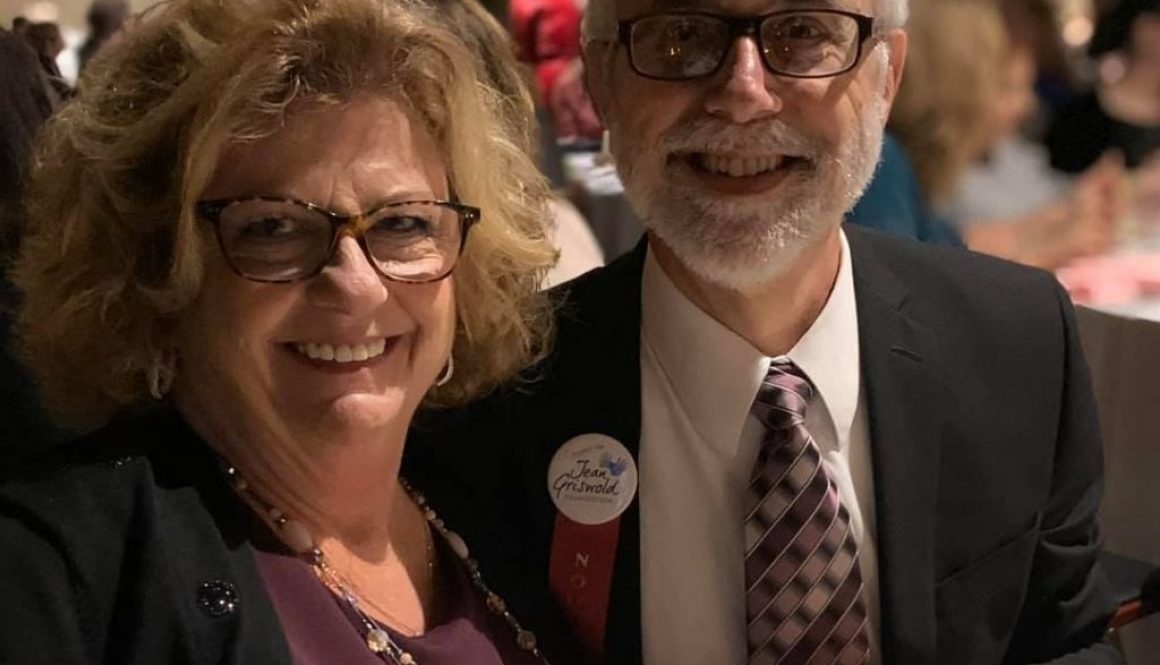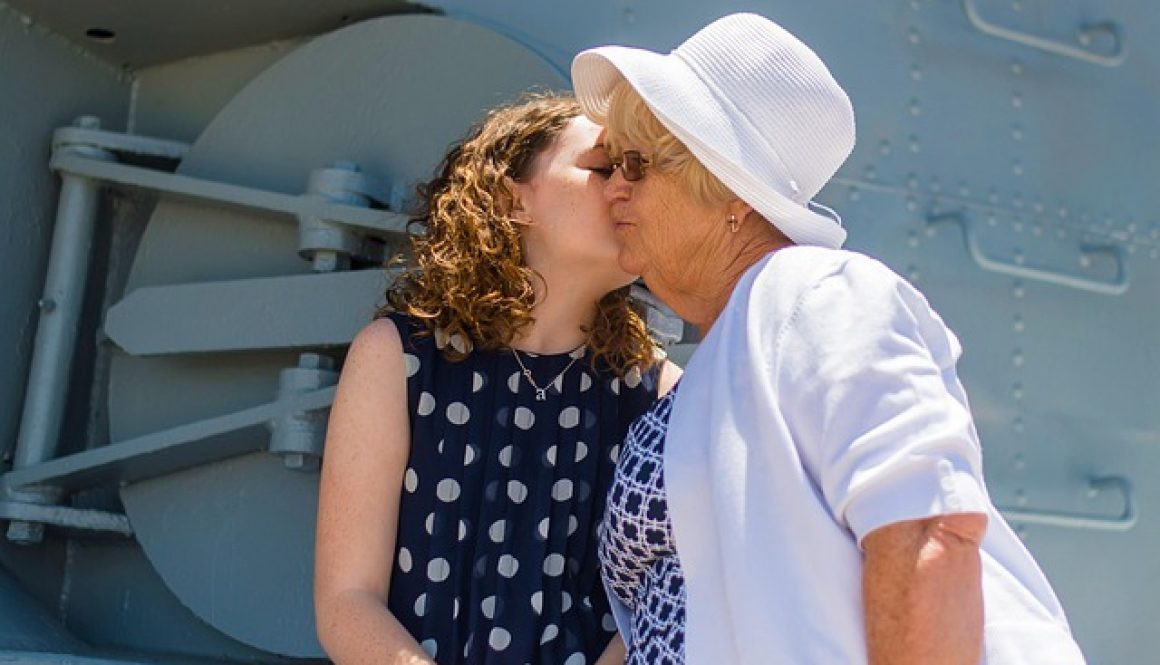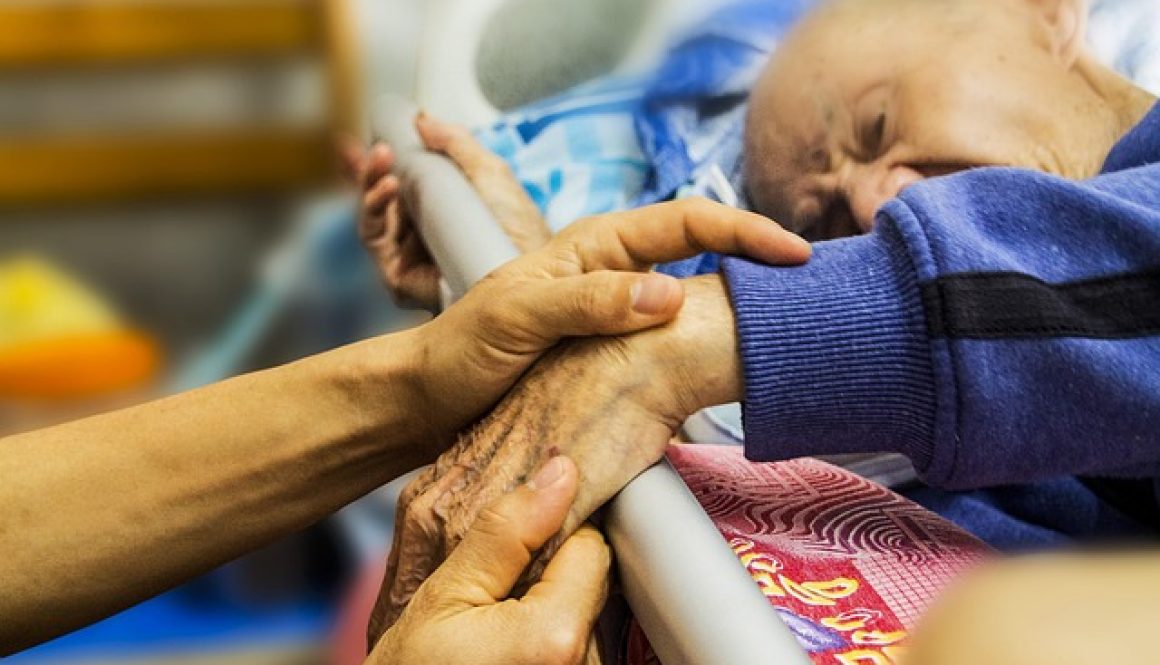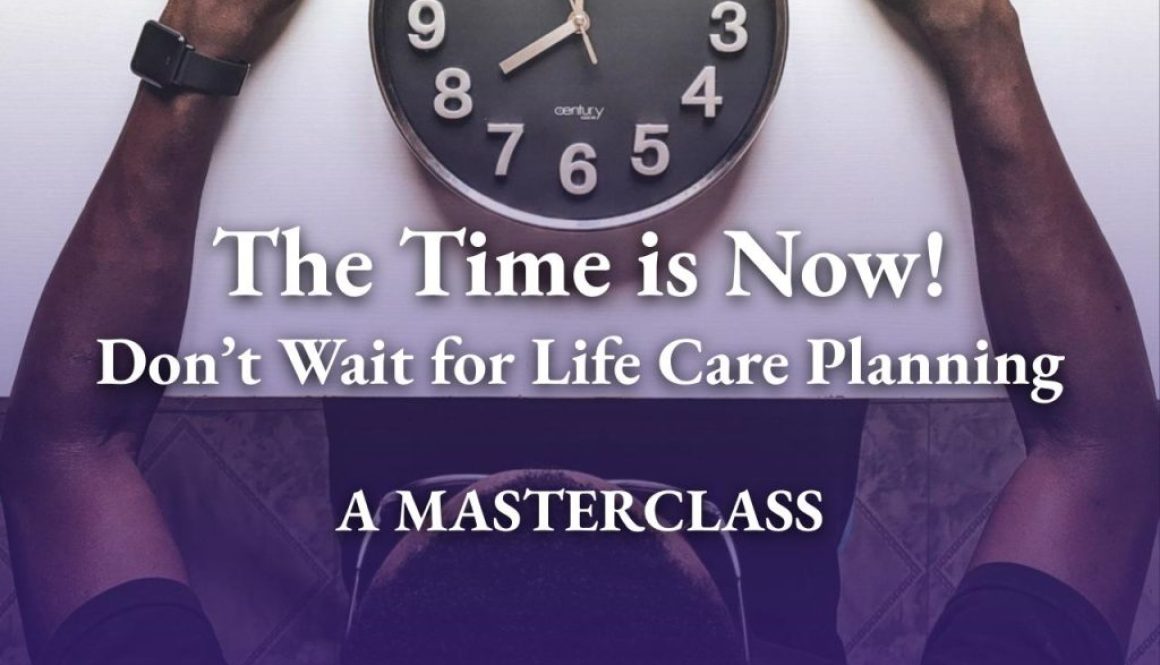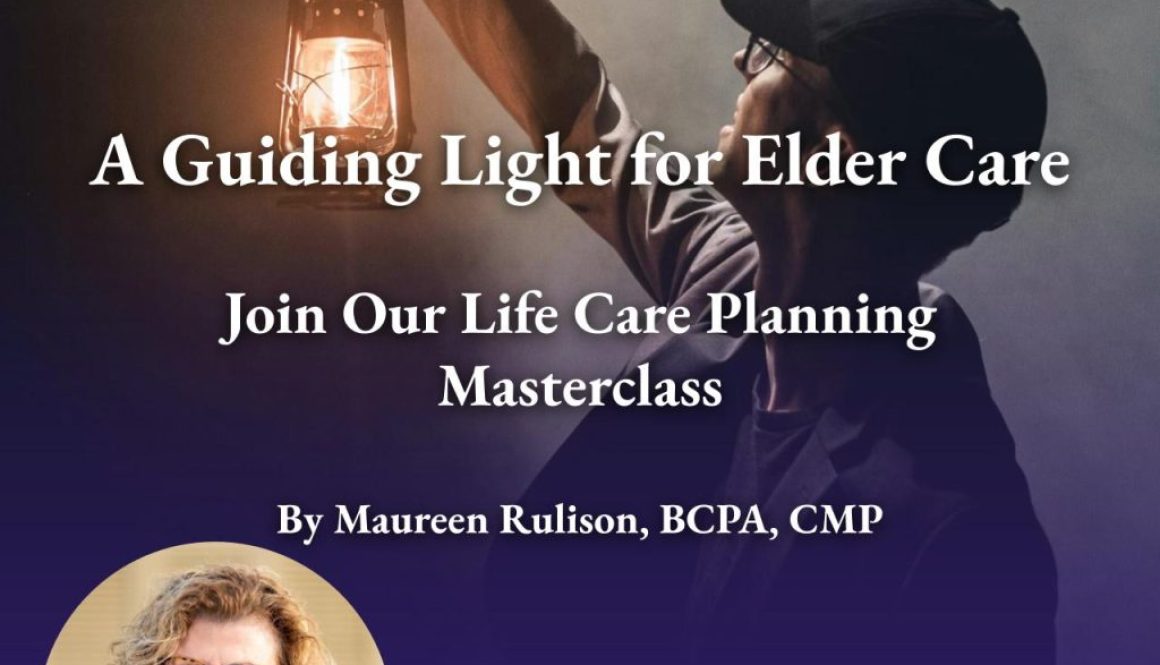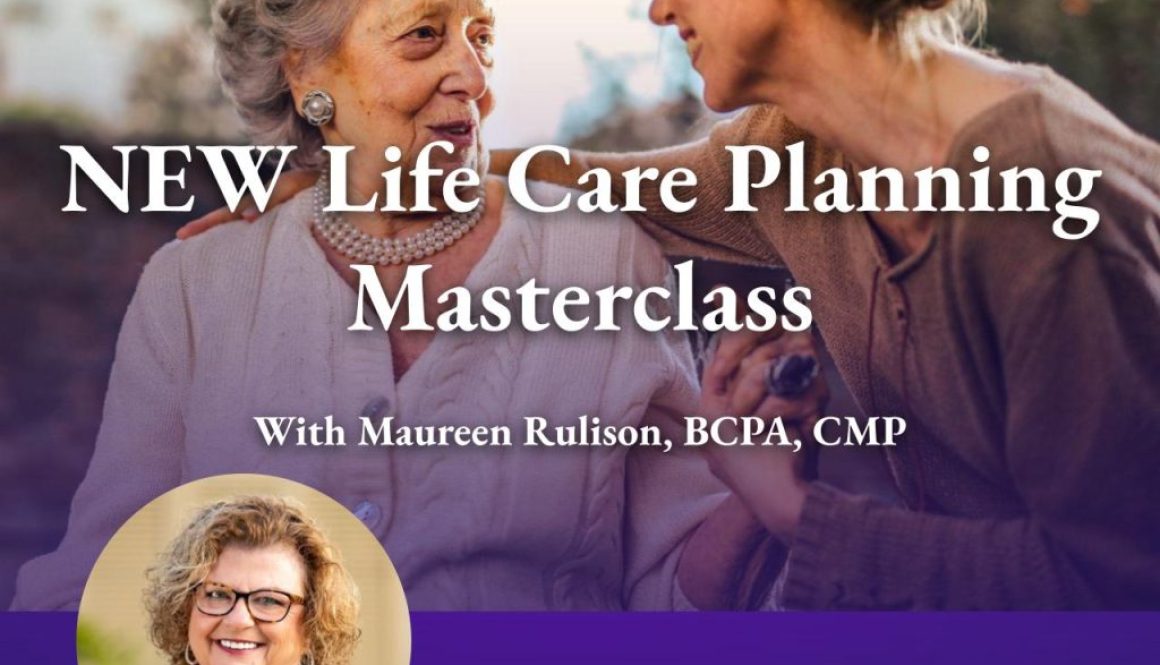6 Things Every Family Should Know Before an Elder Care Emergency Strikes
It began with a few small things. Dementia is just like that. Just a few missed appointments. A forgotten pot on the stove. Then the neighbor called — your mom had wandered into traffic, confused and frightened. An elder care emergency often strikes with little to no warning.
Your mom had always been sharp, independent and proud. But now, standing in the ER hallway, you’re watching her struggle to answer the simplest questions. The nurse looks to you: “Is she on medication? Who’s her power of attorney?”
In that instant, your entire reality changes. You’re no longer just a son or daughter. You’re now her care partner. Her advocate. Her voice.
I’ve walked this road with countless families as a Board-certified Patient Advocate – and as the primary care partner to my late husband, Brian LeBlanc, during his battle with Alzheimer’s and vascular dementia. What seems like a slow decline can escalate quickly into crisis. But here’s the truth: these moments don’t have to blindside us.
But we can be ready!
Being Ready for an Elder Care Emergency: What You Must Know
Whether your loved one is aging with health challenges or still doing fine on their own, here are six things every family should know before an elder care emergency strikes.
But here’s the good news: You don’t have to wait for the crisis. You can prepare now.
Whether your loved one is aging in good health or facing a serious diagnosis like dementia or cancer, here are 6 things every family should know before an elder care emergency strikes.
1. Know Who Will Make Decisions When Your Loved One Can’t
If your elder loved one loses the ability to make healthcare or financial decisions, who steps in? It’s not always as simple as being “next of kin.” As you know, family units can be convoluted and complex, potentially leaving long-lost or estranged relatives as the decision-maker in the eyes of the law. And some people simply aren’t equipped to make such decisions.
Every elder loved one should have:
- A designated healthcare proxy (or healthcare power of attorney)
- A financial power of attorney
- Clear, written advance directives
These legal documents must be in place before an emergency. Otherwise, decisions could be delayed or made by someone who doesn’t fully understand your loved one’s wishes (or worse, end up in court).
2. Understand Their Medical Conditions & Medications
I’ve had families look at me with panic in their eyes when doctors ask, “What prescriptions is she on?” or “Does she have a history of stroke?”
This information matters in an emergency. Keep a medical summary updated with:
- Diagnoses
- Allergies
- Medications (with dosages)
- Providers & specialists
- Insurance information
Even better? Keep it all in one place — like a care binder — so anyone in your care-partner team can grab it and go.
3. Know What Quality of Life Means to Them
An elder care emergency isn’t just clinical. They’re deeply personal. If your loved one is intubated, what would they want? What does a “meaningful life” – a LIFE WORTH LIVING, as I often put it – mean to them?
Some people want every life-saving measure. Others prioritize comfort and dignity. There’s no wrong answer — but there NEEDS to be an answer.
Ask the questions now before an elder care crisis:
- What kind of care do you want if you can’t speak for yourself?
- Do you want to be kept alive at all costs?
- How do you feel about hospice or palliative care?
- Is there a special ceremony, prayer or reflection you’d prefer in your dying moments?
These aren’t easy conversations. But they are acts of love.
4. Get Familiar with their Financial Situation
It’s not nosy — it’s necessary. Emergencies cost money. Whether it’s home care, rehab, long-term care or medications, you’ll need to know:
- Do they have long-term care insurance?
- What are their monthly expenses?
- Do they have savings or assets that can be used for care?
- Are they eligible for Medicaid or VA benefits?
Too many families wait until money becomes a barrier to good care. At that point it’s often too late, with assets being kept by the elder long after the government’s 5-year lookback period for determining eligibility for Medicaid and other benefits.
Planning early gives you options.
5. Build a Care Partner Team in Advance
Caregiving is not a one-person job. If you try to do it alone, burnout is almost inevitable.
Start building your care partner team now. This could include:
- Siblings or close family
- Friends or neighbors
- A patient advocate (like me!)
- Home care professionals
- Adult day care programs
- Community or faith-based support
Assign roles. Talk openly. No one person can — or should — carry it all.
6. Don’t Wait Until You ‘Have To’ Plan
Here’s the truth: Planning ahead is one of the most profound gifts you can give your loved one — and yourself.
When you plan before a crisis, you can:
- Honor your loved one’s wishes with confidence
- Reduce stress and confusion during medical emergencies
- Avoid unnecessary hospitalizations or legal delays
- Spend more time being present instead of fixing problems
Because when an elder care emergency hits, it’s too late to start planning. But it’s never too early.
Let’s Learn More About Life-Care Planning
We created our Life-Care Planning Masterclass because I’ve seen how much suffering can be prevented when families take these steps ahead of time. This is more than just paperwork — it’s peace of mind. It’s empowerment. It’s love in action.
So let’s not wait for the emergency room call. Let’s plan with love and intention now. Because we plan because we care.
Learn more and join the masterclass. Also feel free to reach out to me directly at MaureenRulisonpatientadvocate@gmail.com.


